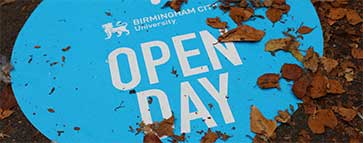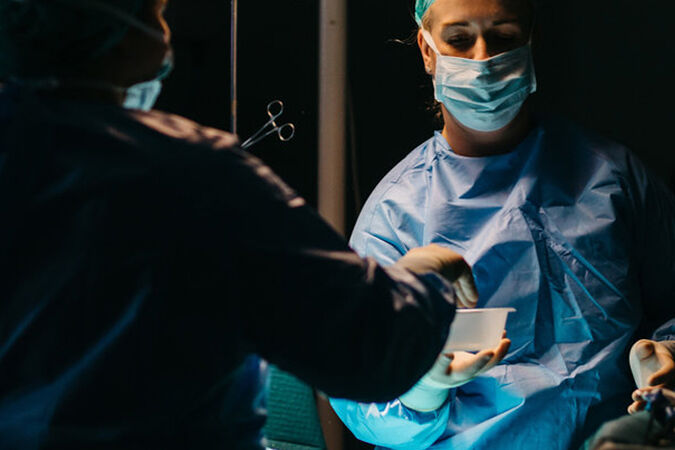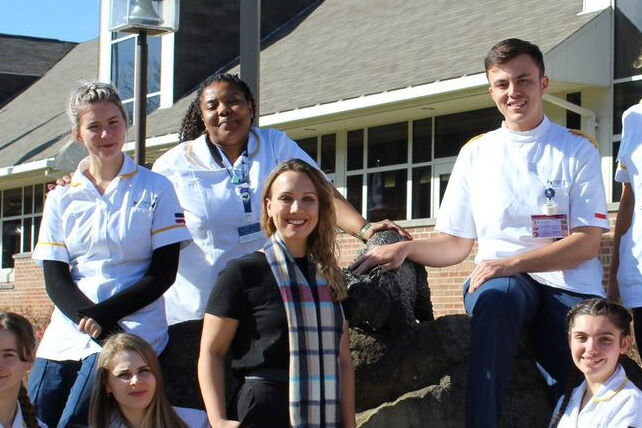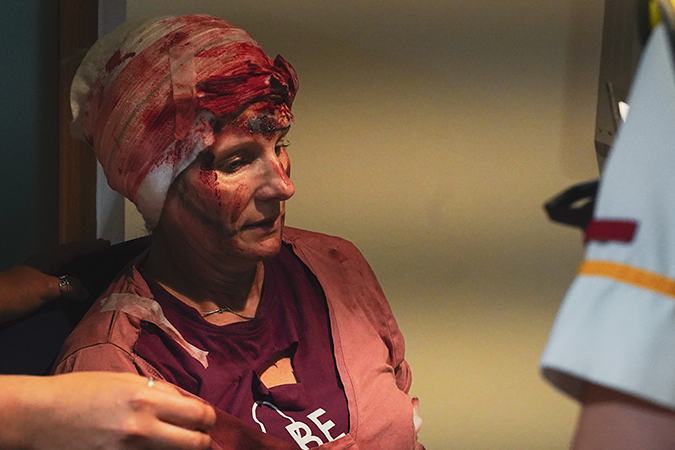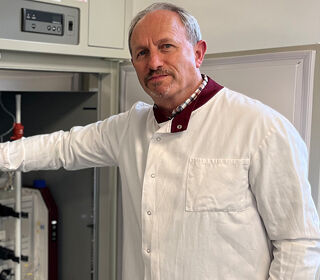
Blog

With a huge variety of wonderful staff members and academics teaching our courses and shaping the futures of our students, we wanted to unpack their stories and discover how they got to where they are now.
Martin Goldberg, lecturer in Clinical Microbiology, shares an insight into his career and work.
What do you do at BCU and how long have you been part of the University?
I am a lecturer in Clinical Microbiology on the BSc Biomedical Sciences degree. I also teach research methods and data analysis. I have been working at BCU since September 2017.
Could you tell us about your experience and how this feeds into your course/teaching?
I worked for four and a half years in a very large hospital microbiology lab after graduating with a degree in bacteriology and genetics, became registered with the Health Care Professions Council (HCPC) and became a fellow of the Institute of Biomedical Scientists. I then went to the University of Leicester where I worked as a research technician in a very large research lab and studied part time for a PhD in Bacterial Molecular Genetics. During this time, I learned a lot about molecular biology techniques and how to apply these in the study of bacteria.
I worked for several years as a post-doc in bacterial molecular genetics before my first teaching job lecturing in food microbiology and food safety at the University of Birmingham. I then went to work for a few years at Nottingham Trent University as a lecturer in microbiology before my current appointment at BCU. My wide range of experience has been essential in enabling me to design modules and assessments that equip students with the skills they will need in order to work in the biosciences.
What are some of the greatest achievements you have accomplished at BCU?
In addition to my teaching, I also research into drug-discovery, searching for novel antimicrobial compounds to combat some of our most recalcitrant multi-drug resistant pathogens. I am currently working with a compound that is very effective at killing a wide range of pathogens such as MRSA, clostridium difficile and vancomycin-resistant enterococci.
More importantly, the compound is highly effective at killing mycobacterium tuberculosis, the causative agent of TB and remains one of the biggest challenges in infectious disease research. Most drugs that are currently available for treating TB are quite unpleasant with side-effects, whereas my compound shows no evidence of toxicity.
Life Science Courses
Find out more about our courses
What makes the course you teach on distinct and what is the learning environment like?
The course is very multi-disciplinary, teaching a wide range of different fields meaning that students can go into a wide range of different careers. We have good lab facilities and provide opportunities for students to learn a wide range of techniques and skills.
Why do you think Birmingham is a good place to study?
Being in the centre of the country with fantastic road and rail communications, we are close to several important academic institutions in neighbouring towns and cities. There is an excellent range of educational and research facilities producing excellent training for the next generation of scientists.
What can students do to help prepare them for the course(s) you teach?
Read, read, read. Keep up to date with scientific developments by reading publications like New Scientist, Scientific American and setting up accounts with some of the excellent internet-based resources that provide digests of new and exciting scientific developments.
What’s your favourite thing about working at the University?
The university is a friendly and supportive environment. There is a lot of room to innovate and develop new ideas.

Open Days
Our Open Days are designed to give you all the information you need about the University and the experience you will have as a student at BCU.
Register now